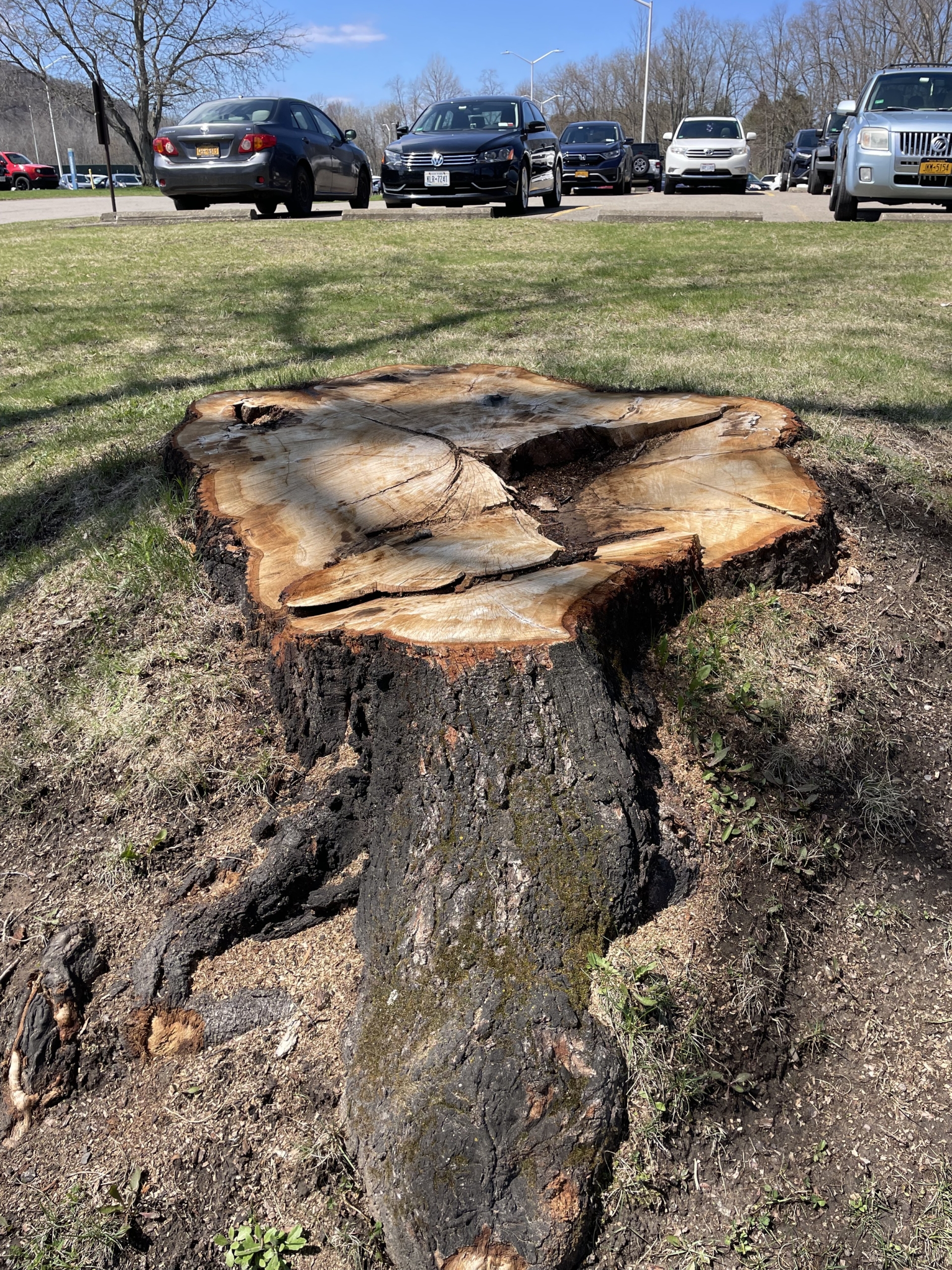Staff Editorial
Among many other things, college can be a time of firsts. First time cooking for yourself, first time doing your own laundry, first time living on your own. Unfortunately, it’s also usually the first time a person deals with depression, according to the National Institute of Mental Health.
Depression is a serious and frightening thing to deal with. Life can seem worthless, pointless and hopeless when one is afflicted. These feelings are more prevalent than one would be led to believe. A 2011 American College Health Association survey found that 30 percent of American college students had felt “so depressed it was difficult to function” within 12 months of the survey.
If the situation you find yourself in goes beyond routine depression and you start contemplating suicide, there’s a solution. Stop what you’re doing and call the National Suicide Prevention Lifeline. The number is 1-800-273-8255 and you can call any time of any day of the year. You’ll be put into contact with a trained counselor who will talk you through your issues and help you find a reason to live.
Suicide rates aren’t as high for college students as they are for middle-aged adults, but there’s a major uptick from before college to during, according to the American Foundation for Suicide Prevention.
Depression is a disease, one that eats away at your mental health until you begin to lose the will to live. But, like many other diseases, it can be treated.
Another treatment option is counseling. Here at St. Bonaventure, The Wellness Center offers free counseling services for students. Those interested can go to the main desk of The Wellness Center on the first floor of Doyle Hall and schedule an appointment. You can also email ccsbu@sbu.edu or call 716-375-2310 to set up a visit.
While talking to friends and family may be helpful, talking to a professional offers a different kind of perspective. Perhaps there is something you are too afraid or ashamed to tell a close friend. Perhaps you have an issue that a friend wouldn’t understand. Maybe you have difficulty admitting to friends that you are upset for whatever reason. All of these are reasonable concerns. But talk to a professional instead of ignoring the issue.
Despite the resources available, many refuse to get help before it’s too late. That’s why it’s up to everyone to look out for telltale symptoms of depression. If someone around you appears to be eating or sleeping less, seems more irritable than usual or is expressing negative thoughts more than usual, talk to them. Try to find out what is wrong and see if you can help.
College can be a stressful and busy time for both professors and students. But don’t get so caught up in your work and responsibilities that you stop noticing subtle changes in people around you.
Keep your eyes open and intervene if you must. You could save a life.
This editorial represents the opinion of The Bona Venture staff








